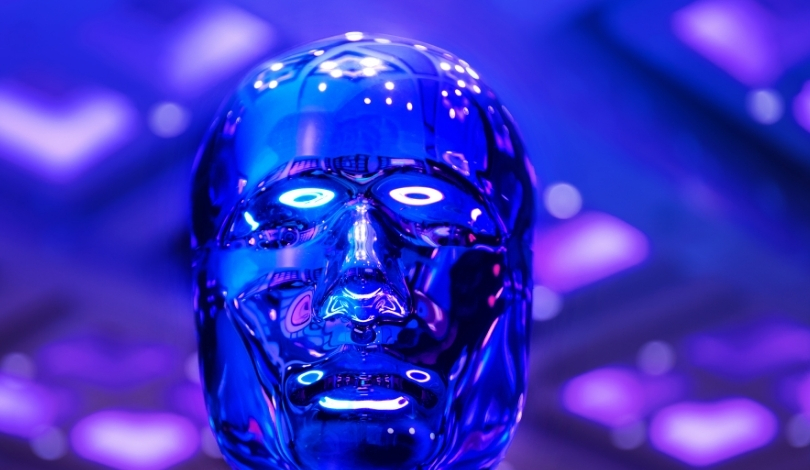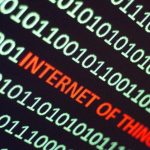The integration of blockchain with artificial intelligence (AI) is poised to revolutionize how this technology is managed and distributed. With AI continuously transforming numerous sectors, the centralization of its most powerful models by big tech companies raises concerns about data privacy and monopolistic practices. A decentralized approach, leveraging blockchain technology, is emerging as a solution that promises to democratize AI resources and ensure data transparency and security. This paradigm shift not only aims to reduce dependency on a few large entities but also fosters innovation and broader community participation.
In recent discussions, concerns about the centralization of AI technology have intensified. With leading AI systems controlled by mega-corporations like OpenAI, IBM Watson, Google AI, and Amazon Machine Learning, there is growing unease about the monopolization of data required to train these models. Historically, these companies have prioritized profit over data privacy, which has led to skepticism among users. Comparatively, the decentralized approach of integrating blockchain into AI offers a promising alternative that could mitigate these concerns and establish a more inclusive AI economy.
Decentralized AI: A New Era
Blockchain technology has already demonstrated its potential to address centralization issues in various industries, including finance and healthcare. Now, this technology is extending its reach into the AI sector. By utilizing immutable ledgers, blockchain enhances data security and transparency, facilitating a more democratic distribution of AI resources. The integration of AI and blockchain seeks to make AI accessible to a broader audience, reducing the barriers posed by the computational complexity and high costs associated with traditional AI model training.
NeurochainAI’s Innovative Approach
NeurochainAI stands out with its Decentralized AI Infrastructure As a Service (DeAIAS), which aims to dismantle the centralization and monopolization of AI. This platform encourages cooperation among different AI stakeholders, fostering an environment where resources such as computing power and data storage are shared within a global community. This not only makes the development of AI applications more cost-effective but also accelerates innovation across the ecosystem. Moreover, contributors to NeurochainAI are incentivized with rewards, ensuring active community participation and data privacy.
Redefining AI Development
The rapid expansion of artificial intelligence necessitates substantial computational power that many companies cannot afford. Decentralized AI addresses this challenge through a network of nodes that utilize untapped computing power worldwide. This modular infrastructure enhances scalability, reduces costs, and increases community involvement in training AI models. While still in its early stages, decentralized AI platforms like NeurochainAI present a viable alternative to the centralized model, potentially reshaping the AI landscape by addressing monopolistic practices and privacy concerns.
The marriage of blockchain and AI represents a significant shift in how these technologies can be harnessed. By decentralizing AI, we can pave the way for a more democratized and secure technological future. This approach not only challenges the stronghold of big tech companies but also empowers individuals and smaller entities to contribute to and benefit from AI advancements. The ongoing development of decentralized AI platforms will be crucial in determining the future trajectory of artificial intelligence, ensuring it becomes a more inclusive and transparent field.










